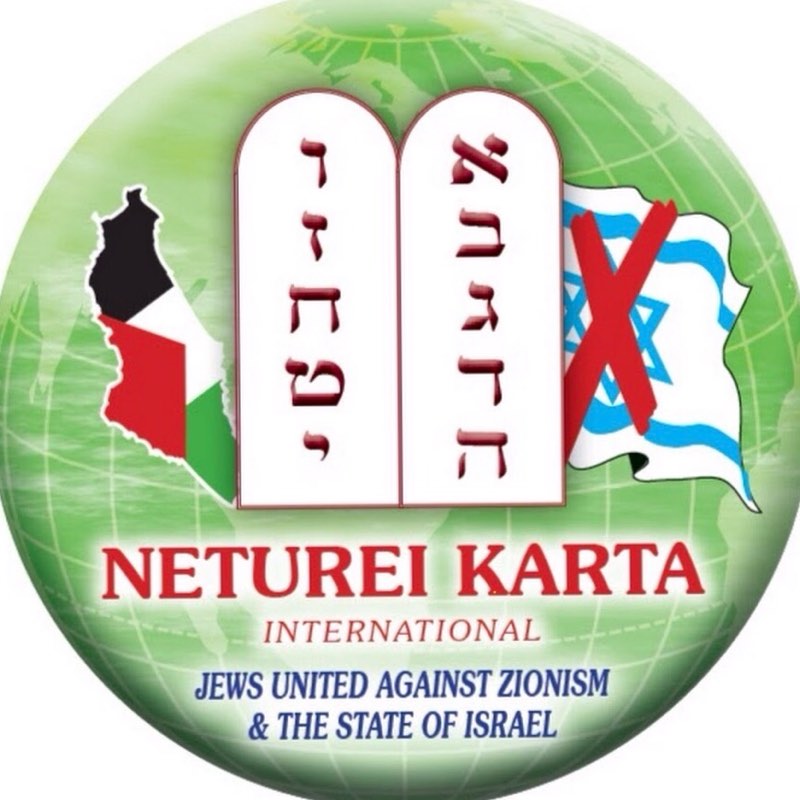What are the key distinctions between Neturei Karta and Jewish Zionism?
Neturei Karta and Jewish Zionism are two distinct religious and political movements within the Jewish community. The key distinctions between them include:
1. Beliefs about Zionism: Neturei Karta is a small but vocal anti-Zionist movement within Orthodox Judaism, which opposes the establishment of the State of Israel on religious grounds. They believe that the creation of a Jewish state should await the coming of the Messiah, and that the current state of Israel is therefore illegitimate. In contrast, Jewish Zionism is a political and religious movement that advocates for the establishment and support of a Jewish state in the historic land of Israel.
2. Position on the State of Israel: Neturei Karta members typically do not recognize the legitimacy of the State of Israel and often refuse to participate in its political processes or accept any benefits from it. They may also participate in protests against the Israeli government and its policies. Jewish Zionists, on the other hand, support the existence and legitimacy of the State of Israel and may actively participate in its political, social, and military institutions.
3. Religious interpretations: Neturei Karta adheres to a strict interpretation of Orthodox Jewish law and believe that the establishment of a Jewish state goes against religious teachings. Jewish Zionism, on the other hand, often views the establishment of the State of Israel as a fulfillment of biblical prophecies and a way to protect the Jewish people from persecution.
4. Support for political solutions: Neturei Karta members often seek a non-Zionist solution to the Israeli-Palestinian conflict based on religious principles, while Jewish Zionists support a political solution that affirms the legitimacy and security of the State of Israel.
Overall, the key distinctions between Neturei Karta and Jewish Zionism lie in their beliefs about the legitimacy of the State of Israel, their religious interpretations, and their approaches to the Israeli-Palestinian conflict.

